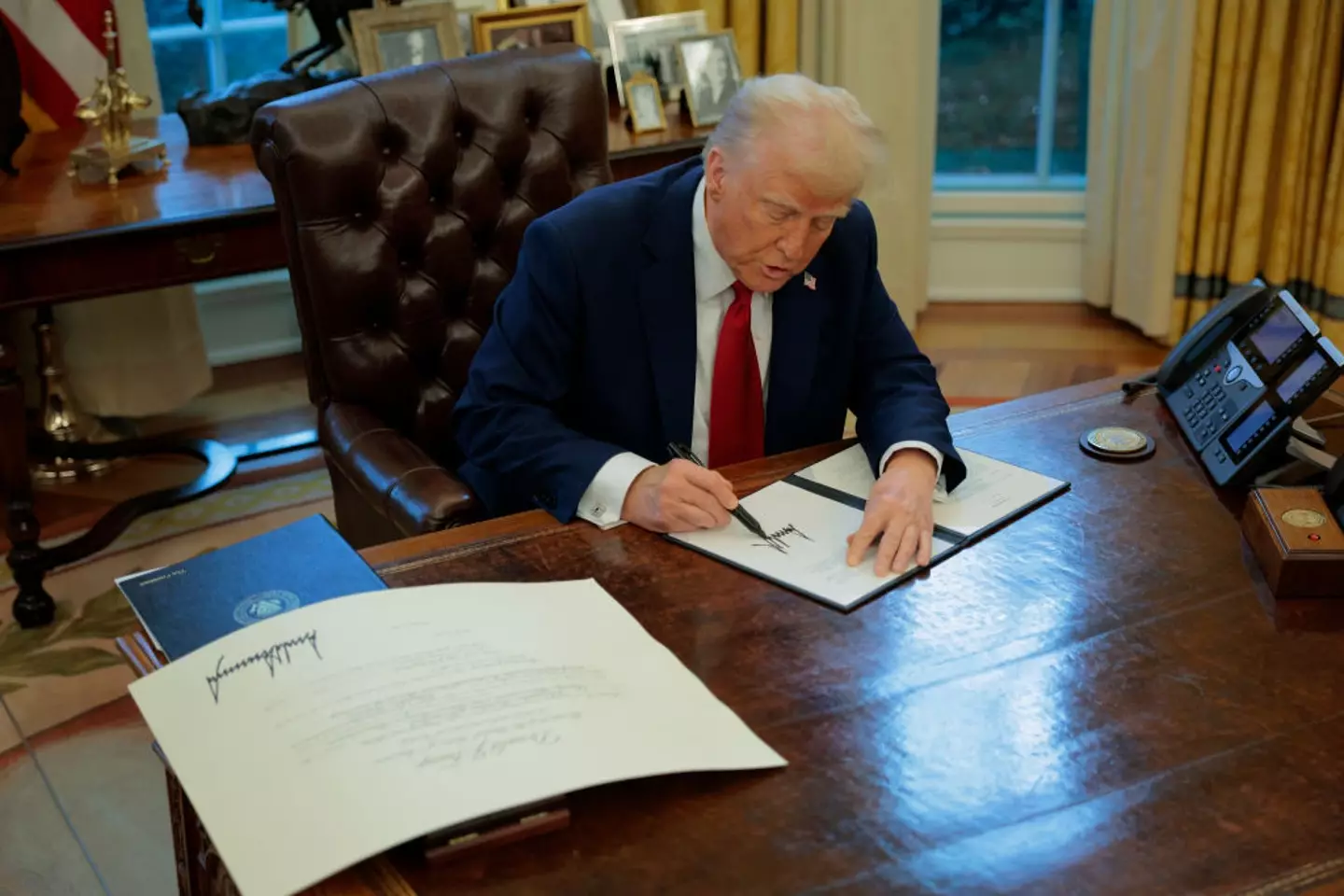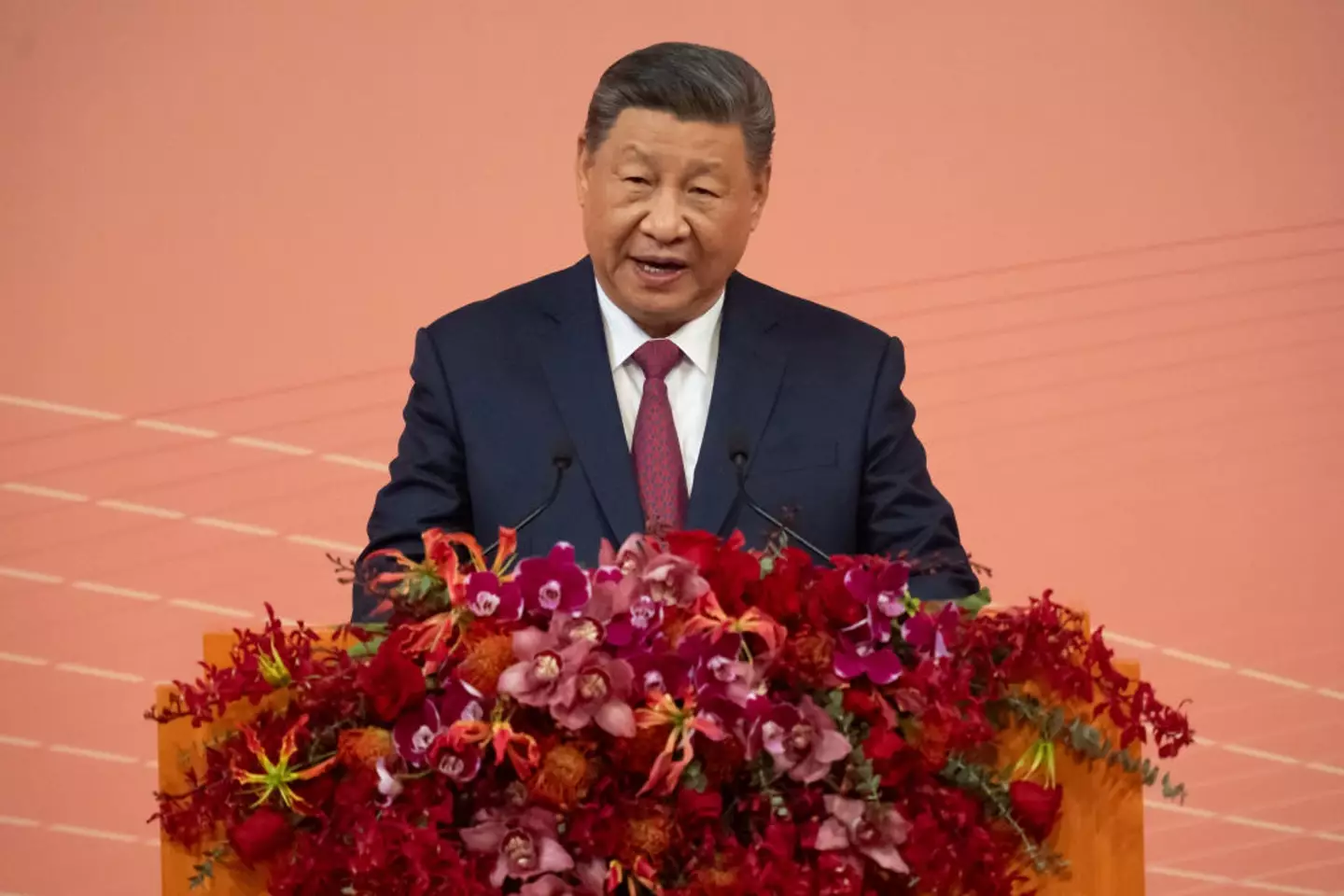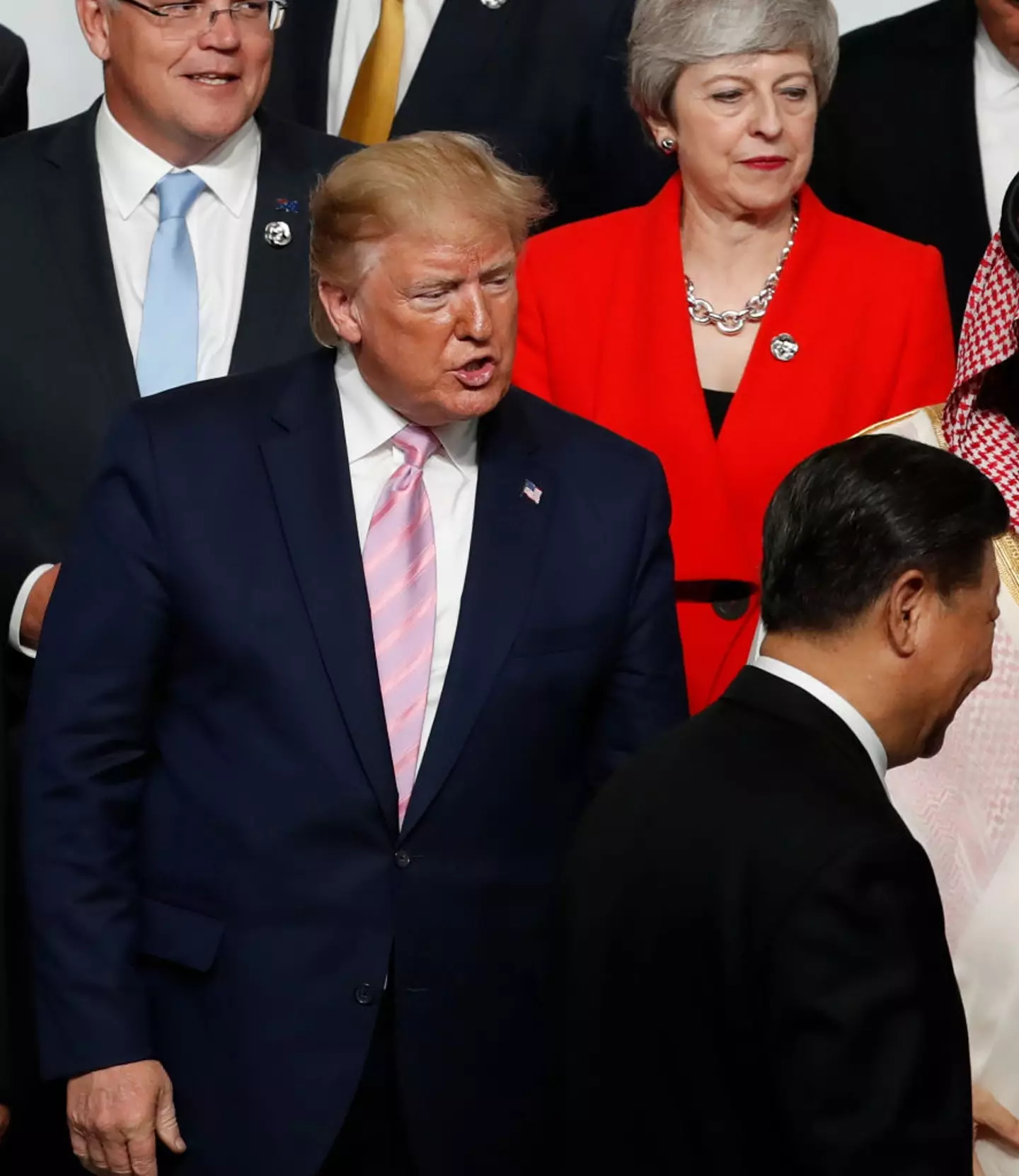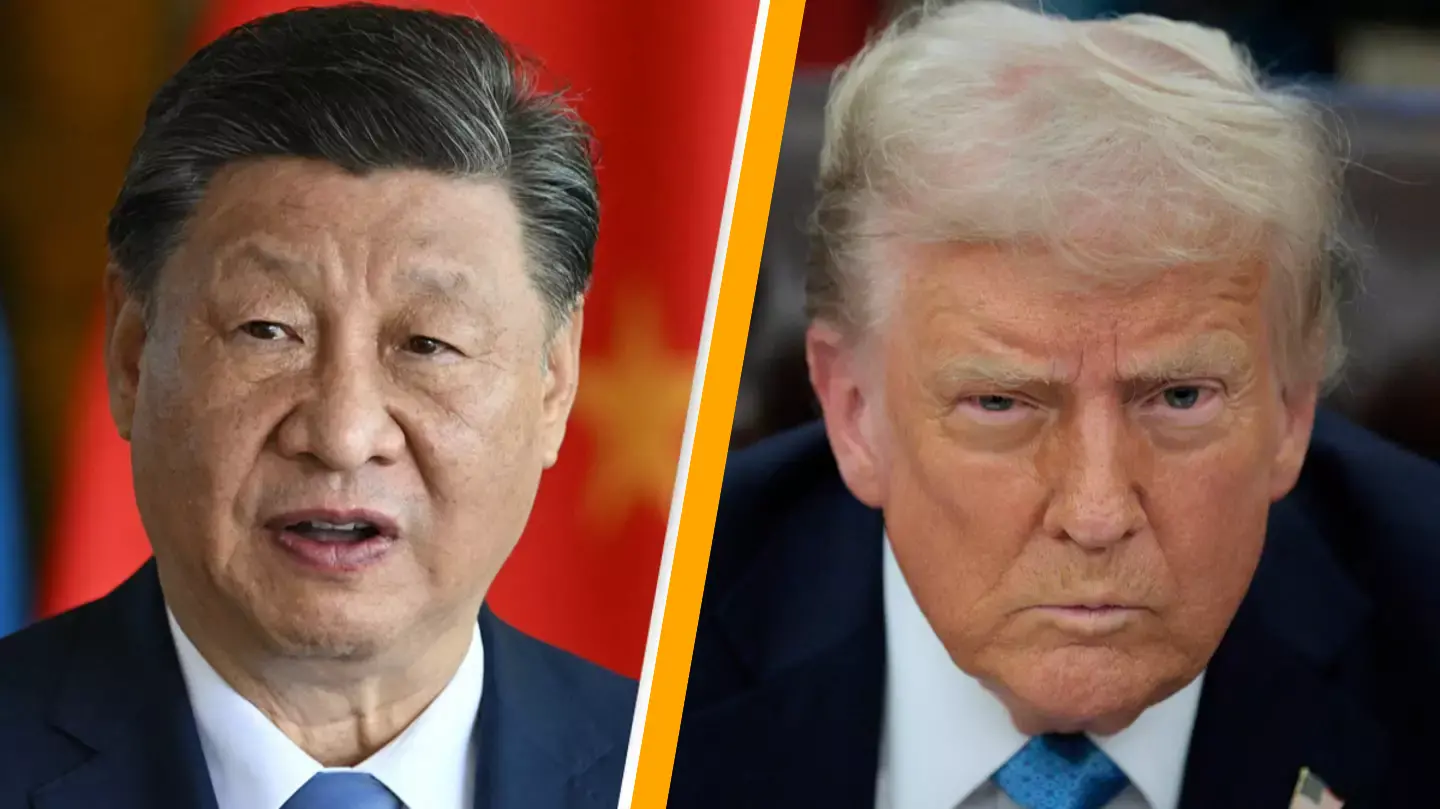China has responded to the United States following President Donald Trump’s decision to impose tariffs on goods imported from the East Asian nation.
President Trump enacted these tariffs as part of his effort to confront what the White House has termed an ‘extraordinary threat posed by illegal aliens and drugs, including deadly fentanyl’.
Regarding China, a White House press release stated that Chinese authorities had ‘failed to take the actions necessary to stem the flow of precursor chemicals to known criminal cartels and shut down money laundering by transnational criminal organizations’.
On February 4, 2024, the day the trade conflict commenced, President Xi Jinping swiftly countered the tariffs.

Tariffs are essentially taxes applied to foreign products, making them more expensive to sell in the US, which ultimately affects consumers who bear the cost.
Following World War II, developed nations generally moved away from tariffs as they tend to result in ‘reduced trade, higher prices for consumers, and retaliation from abroad’, according to the Council on Foreign Relations. This is exactly what has transpired with China.
On Saturday (February 1), Trump signed an executive order imposing 25 percent tariffs on imports from Canada and Mexico, with US energy imports from Canada facing a 10 percent tariff. An additional 10 percent tariff was placed on goods imported from China, effective today (February 4).

China’s Finance Ministry has declared its intention to levy taxes of 15 percent on US coal and liquified natural gas, along with a 10 percent tax on crude oil, agricultural machinery, and certain vehicles. These tariffs will be enacted on Monday (February 10).
The Chinese government has also indicated plans to scrutinize Google.
In a statement, they said: “Because Google is suspected of violating the Anti-Monopoly Law of the People’s Republic of China, the State Administration for Market Regulation has initiated an investigation into Google in accordance with the law.”
Additionally, China’s Commerce Ministry and Customs Administration announced the implementation of export controls to ‘safeguard national security interests’ on tellurium, molybdenum, tungsten, ruthenium, and related items.
UNILAD has reached out to Google for commentary.

According to the Republican administration, Canada, Mexico, and China present an ‘extraordinary threat’ due to the influx of ‘illegal aliens and drugs’ into the United States, a situation they describe as a ‘national emergency’.
Specifically addressing China, the White House noted: “In response to China’s intellectual property theft, forced technology transfer, and other unreasonable behavior, President Trump acted with conviction to impose tariffs on imports from China, using that leverage to reach a historic bilateral economic agreement.”
This move is rooted in a speech Trump delivered at the House GOP (Grand Old Party, or Republican Party) retreat in Florida late last month.
During that event, he pledged to eliminate federal income taxes in favor of taxing foreign countries through tariffs, a promise he has pursued with China. Meanwhile, tariffs on Canadian and Mexican goods were suspended after those nations agreed to bolster border security.

